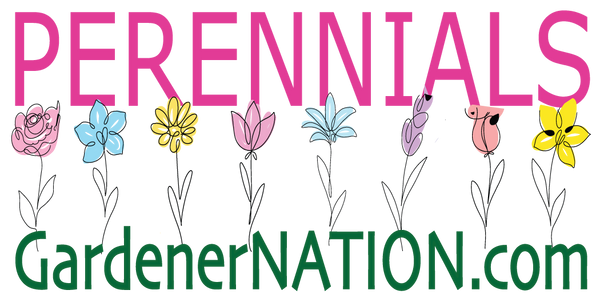
Get dirty, Feel better: The surprising science behind soil and happiness
Share
At Gardener Nation, we’ve always known that gardening feels good. But science is now confirming what seasoned gardeners have said all along: getting your hands dirty can actually make you happier—and it’s not just the sunshine or the satisfaction of growing your own food. There’s a fascinating biological reason that getting your hands into the soil may lift your mood.
🧪 The soil bacteria that boosts your brain
One of the most intriguing discoveries in recent years centers around a friendly soil-dwelling bacterium called Mycobacterium vaccae. This non-pathogenic microbe lives naturally in soil and has been found to stimulate serotonin production, the neurotransmitter responsible for feelings of well-being and happiness.
In a landmark 2007 study by Dr. Christopher Lowry at the University of Bristol, researchers found that when mice were exposed to M. vaccae, their brain activity shifted in a way similar to what you'd expect from antidepressants. The bacteria activated neurons in the brain that produce serotonin, resulting in reduced anxiety and improved mood in the animals (Lowry et al., Neuroscience, 2007).
Humans can come into contact with M. vaccae through skin contact, inhalation, or even small accidental ingestion—all common when you're gardening without gloves.
🌱 More than just serotonin
While M. vaccae is associated with serotonin, the very act of gardening itself—digging, planting, nurturing—has been shown to stimulate the brain’s dopamine pathways.
Dopamine is released when we experience something rewarding, and gardening provides this in spades:
- watching seeds sprout,
- harvesting your first tomato,
- or simply transforming a blank space into a lush haven.
According to a 2011 study in the journal Health Promotion International, gardening was associated with lower cortisol levels (a stress hormone) and higher reported happiness, suggesting both physical and psychological benefits (Van Den Berg & Custers, 2011).
🧤 Why you might want to ditch the gloves
We’re not saying gloves don’t have their place (especially when dealing with thorns or poison ivy), but regular contact with soil—real, living soil—is part of the magic. When you work with bare hands, you’re not just connecting to the earth in a poetic sense. You’re interacting with a microbial ecosystem that may help balance your immune system, calm your nerves, and brighten your mood.
🌼 Garden therapy, backed by science
It’s no wonder that gardening has become a cornerstone of therapeutic programs in schools, hospitals, and mental health care. Known as horticultural therapy, it’s being used to help reduce symptoms of PTSD, anxiety, and depression.
So the next time you're planting perennials or turning compost, leave the gloves off for a few minutes. Let the soil get under your nails. Inhale that earthy scent. You’re not just gardening—you’re tapping into an ancient biological relationship between humans and the land.
🛒 Get started this weekend at Gardener Nation
Browse our perennial plant collections and pre-planned gardens to go —designed especially for Zone 4. Whether you’re growing sun-loving coneflowers or shade-tolerant ferns, we’ve got what you need to start your own happiness experiment—one handful of dirt at a time.
